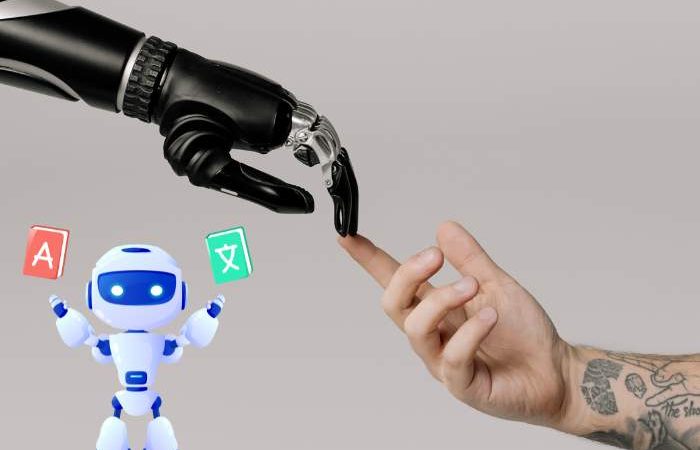
The Importance of Human Involvement in Building Reliable AI
Artificial intelligence (AI) has been a hot topic for years, but it has often been associated with fears of job losses, the growing power of intelligent machines, and various apocalyptic scenarios. However, recent advancements in natural language-based AI like Open AI’s ChatGPT and image-generating systems like Stable Diffusion and Midjourney have changed the public perception of AI. These tools are seen as fun and creative, capable of mimicking the work of poets, artists, scientists, and philosophers. But is AI truly capable of replicating human intelligence?
The Limitations of AI
AI tools like ChatGPT merely simulate intelligence by analyzing vast amounts of data and identifying patterns within it. The data used to train AI tools has been created by humans, and these tools are programmed by people. Therefore, human logic, creativity, design, and innovation are always at the forefront of so-called “artificial” tools. Human biases, failings, and illogic may also be present in these tools, making it crucial to be careful and responsible when designing and implementing them.
The Importance of Human Involvement
Human involvement is critical for building AI that is viable, useful, and reliable in the long term. Countless tasks require human judgment, empathy, expertise, experience, decision-making, and skill. AI should eliminate unnecessary tasks, not replace human insight, and complement or augment what we do best. In an ideal world, AI would look for patterns in big data that might take decades or centuries of human analysis to find.
However, AI sometimes gets things wrong or exhibits a poor understanding of fundamental principles. For example, Meta’s Galactica large language model began inventing non-existent research and attributing it to recognized authors. It was rapidly taken offline. This highlights the need for consistent and thoughtful human design, feedback, and interaction to build AI that can work alongside humans rather than sweep them aside.
The Role of Human Validation and Support
Human involvement is crucial to ensure the quality and accuracy of AI. Biases can be subtle, and analysts may miss them or introduce new ones. AI needs to work for everyone, regardless of their point of view. A human touch is required to determine what data goes into these algorithms, and the data needs to be massaged by humans to eliminate conscious or unconscious bias and mistakes of the past.
A ‘human parallel’ test is advisable to give human experts the same set of problems as the AI, compare the results, and move forward incrementally. Regular updates and constant vigilance are also essential. Without significant human investment upfront, AI models will not be strong enough to survive.
In Conclusion
The key lesson is this: AI needs human validation and support, but it should never make humans invalid. Human involvement is critical for building AI that is viable, useful, and reliable in the long term. AI should complement and augment human capabilities, not replace them. Therefore, it is essential to have consistent and thoughtful human design, feedback, and interaction to build AI that works alongside humans rather than against them.






















